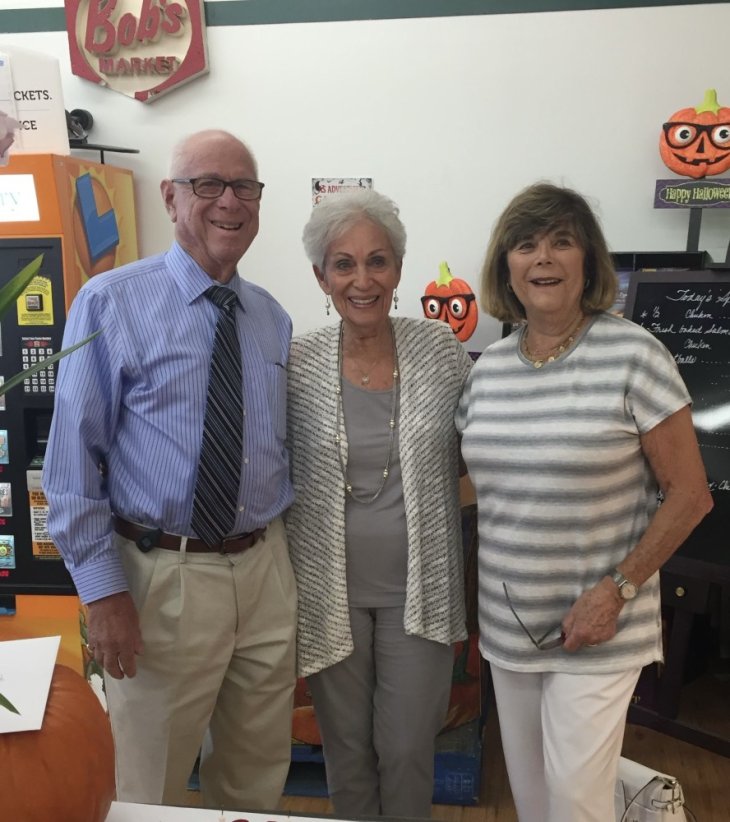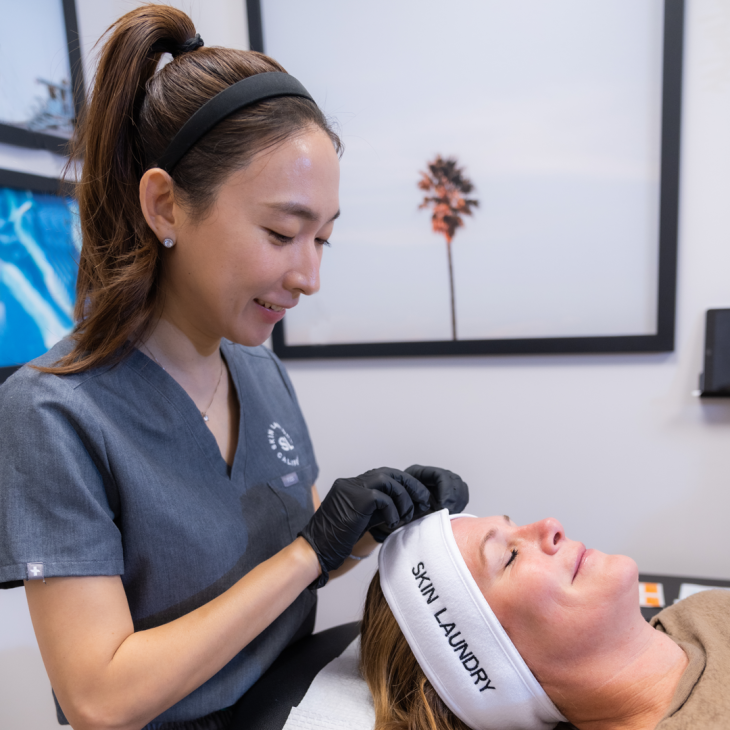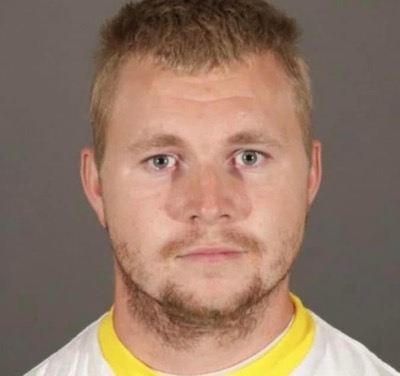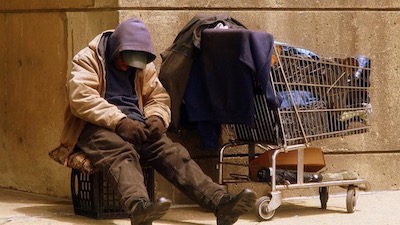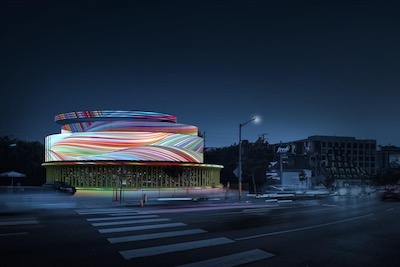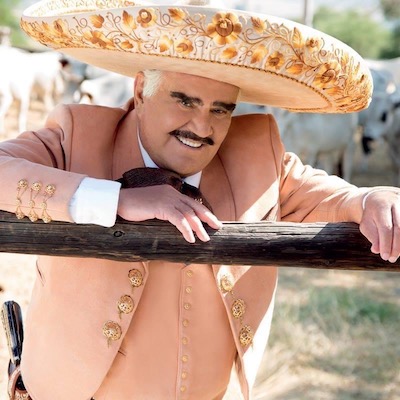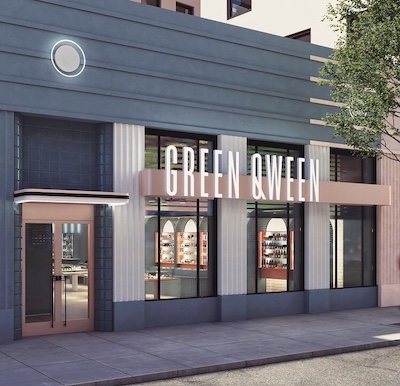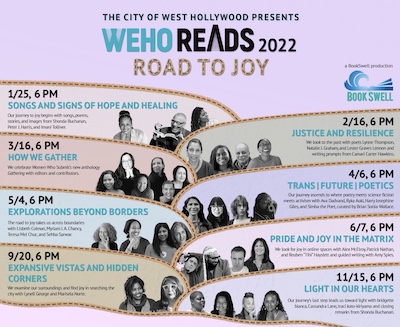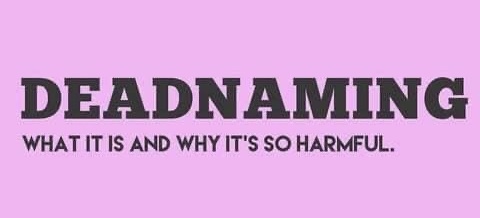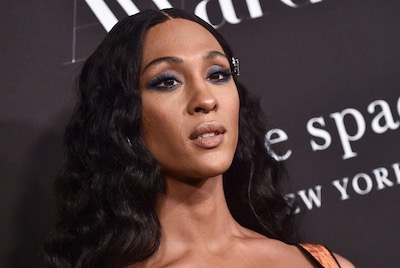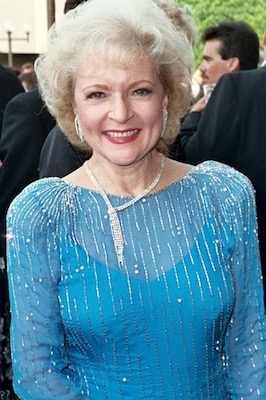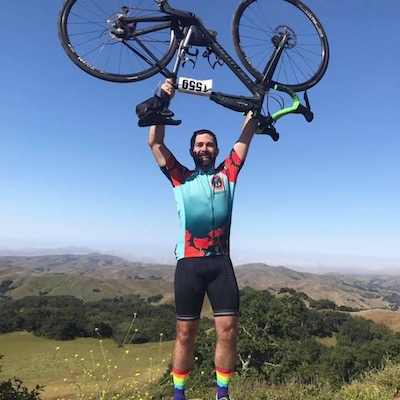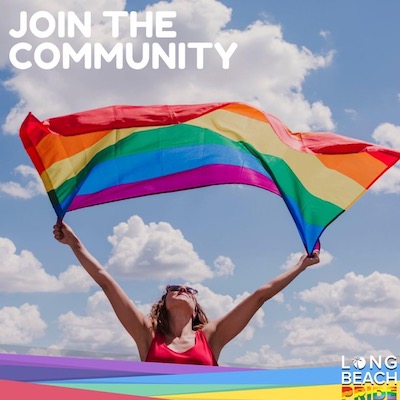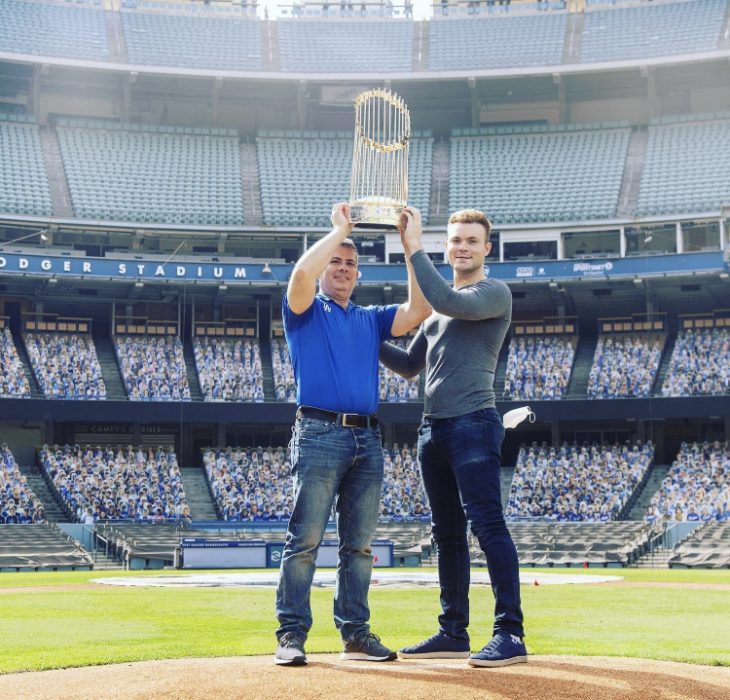And 9 other exclusive reveals about the reboot season of “The L Word”
Fans of “The L Word” rejoiced last when it was recently confirmed that there would be a reboot season this summer. But little else information has been confirmed since then. Until now.
The Hollywood Reporter got an exclusive interview with showrunner Marja-Lewis Ryan about what the exciting eighth season has in store. And – Boy! – did she Spill. The. Tea.
Here are the top 10 most informative interview questions/answers. For the full interview, check out the article HERE.
Let’s start at the beginning. What was the pitch that helped you get this job?
The pitch was that I grew up watching the show. I was in my late teens when it came out — and it changed my life. I wouldn’t have been a writer if I didn’t know who Ilene Chaiken was. Knowing that I could write stories about lesbians made me become a writer. The show went off the air in 2009, and my first movie [The Four-Faced Liar] came out in 2010, and it was very much because of that show. My pitch was to honor the spirit of the first and make it more inclusive. All the problems that we all saw with the original — I was there, too. I was right next to you at East-West, watching that episode, too. I moved from New York to L.A. when I was 21, and I used to hang out at East-West and watch The L Word with everybody else in the back bar like an adult.
“The L Word” is officially back at Showtime. 👏🌟🔝 pic.twitter.com/7rA6Zy1xZC
— The L Word (@thelwordbr) February 1, 2019
So the sequel is set in Silver Lake, and you’re introducing a largely new cast, too. What are some of the larger themes you’re hoping to explore?
I think that making the show is a political act. I’m not that interested in talking about the politics of being queer. Do you know Fortune Feimster?
Yes! You’ll never believe this but we played on a softball team together!
That’s hilarious! Fortune said something like that The L Word portrayed lesbians doing normal things, like drinking coffee and having jobs. I got really choked up reading that, because there’s something really empowering and political in its own way about just making the thing rather than talking about the problems within a community. There’s something really powerful about seeing people function well when all the things we read tell us that we don’t. When I saw Bette and Tina [Laurel Holloman], I wanted to be Bette and Tina. And now I am married, and my wife is due in May. Those things were not possible [to me] before I saw them; that narrative did not exist. I still think that there’s plenty of room for that inside of all of our communities. Including the trans community inside of our storytelling is important. I write a lot of political pieces that don’t mention politics, but they’re stories about gun violence and long-term jail sentences. I write about characters that exist inside a world where those are problems.
In your meetings with Jennifer, Leisha and Kate, what were some of the things that were important to them to see in this new take — whether it was character specific or larger themes?
They wanted to make sure that I had free will to let those characters grow up. The ten years between the time we’ve last seen them and now have affected them. They wanted to let the stories unfold from there but also to stay true to their characters.
For Leisha, comedy is really important — which is fun for me. I had a strong sense of Bette’s voice because I emulated her so much. And we all know Shane and understood that character in a real way. Coming in as a fan is useful because I know them just as well as they know them in a lot of ways; I’ve been there with them. That’s what it felt like — I thought they were my friends.

Everyone has elements of the original that they loved — and didn’t love. For me, it was Dana’s death and the “You Are My Sunshine” song that played while Alice broke down — that took me right out of it. What were some of the things that you liked or didn’t like in the original that you’re going to incorporate or address?
Thematically, the thing that I’ve always explored in all of my writing is people who are searching for family. When I was a kid, my dad used to take us to go see Death of a Salesman. My dad would always walk out of there to say that the search for family and family identity is really the only universal story. And as a gay kid, you’re missing something when you’re born into a heterosexual family. There is something that we long for, and that’s why the show meant so much to me, because I got to see what my family could look like. That’s the thing I loved most. Anytime all of the characters were on screen together, it would give me this giddy feeling — even if nothing was really happening. Just having them all close was important to me, and very important to my formative understanding of what lesbians could look like.
While the show was super sexually charged, they were all really friends. And that was interesting to me as a young person, because all I knew was that I wanted to sleep with women; I didn’t have an understanding that I needed them in this other way [as friends]. I needed to be held by them. That’s one thing I’m excited to bring back, because that for me is the thing that’s really missing from television. There are way more queer characters now than there were then, but we still don’t get to see this group. And that’s huge for me.
And the flip side?
In terms of what I didn’t like, I don’t think anyone at the time knew any better than to cast a cis person to play a trans person, and that that wasn’t good and didn’t send the right message. I felt weird about it but I didn’t have any words to describe how I felt, and I didn’t have a solution for it, either. It wasn’t like I was like, “Why didn’t they just cast a trans person?” We didn’t have that word. The idea of being able to have words for things and to be able to represent people in a more realistic way is something I’m excited to do as well.

So if you have trans characters, they will be played by trans actors?
I will have more than one trans character, and all trans characters will be played by trans actors. I just shot a show for Amazon and I was looking for an Asian trans male actor. And fuck that shit when people say they can’t find somebody. You can find somebody. My wife said the most brilliant thing when I was looking for this kid before we found him. She said, “How could he have been an actor?” Of course, he is indeed an actor, but he didn’t know he could be one. That’s my job: to show a kid you can be an actor if that’s who you want to be. There are parts for you. That’s what seeing yourself does. It’s just opening the doors.
Without reading your casting breakdown aloud, who are the other characters you’re going to populate this world with?
Since having moved to L.A., I’ve had a lot of weird jobs and I’ve gotten to meet a lot of different people who have different kinds of jobs. Expanding the range of what people do is exciting. I lived next to this trans scientist for a really long time when I lived in Franklin Hills. JPL is here, and they are a huge employer. I want to find things that are uniquely L.A. but are super real. We don’t all work in the entertainment industry. There’s way more Latina representation because we’re in L.A. In terms of socioeconomic classes, the original did a pretty good job where like I still have friends that sleep on people’s couches, like Shane did. And I have friends who are adults. That’s just true about our community — there are wanderers and drifters. I don’t want to be afraid of showing some of our messes. And there’s a lot of former athletes in our community. There are a lot of people who have Olympic medals who wandered into Here bar in the early 2000s. There’s a huge and a strange percentage of people who fit that prototype, so I’ve tapped into that. I tapped into what I knew. I’ve got Mormon friends. There’s a lot of us out here that have these very interesting and very specific backgrounds that I think are important ways of informing characters and informing character choices. And the fact that I get to have such a big cast is nice.
Have you reached out to any other former stars or recurring players to participate? Who is on your wish list?
I haven’t reached out to anyone. Part of the reason I got the job was because I came in with new characters. I think it’s important to have the world live on in a different space. I hope the audience gives me the opportunity to prove my worth a bit, because I think Jennifer, Kate, and Leisha are the right three. And their lives will be intertwined with the new characters, and it will unfold in an organic way.
What can you say about how much these three characters have changed in the past ten years? Is Shane still Shane, or is she married with a kid and Bette is now single and dating the field?
No, no, no. I’m not going to do anything crazy. They are still the people that we all love. I do think that hopefully you’ll see that there’s growth, and then we get to fill in the gaps. I really want to honor these characters and honor the original and honor the returning audience. I’m not trying to pull one over on anyone with any gimmicks. I loved the original, and I also love to scream at the TV. I do something called a trash pass. And a trash pass basically makes sure that there’s something compulsively watchable inside each episode. That’s what the original did: it was something that was unapologetically soapy, and it gave you what you wanted. And it gives you that feeling of that good cringe. That’s the tone that I’m striving for. I don’t think we need to be saccharine about how we write to this 16-year-old self that I’m fantasizing about. I think that she has a sense of humor, too.


